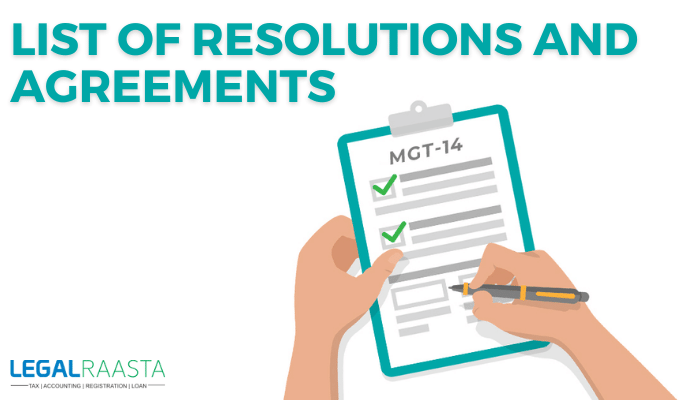FAQs on Public Limited Company
If your concepts are not clear about the Public Limited Companies then this article would be very beneficial for you. So, here is the FAQs on Public Limited Company that will enlighten you to know about it in detail.What is a Public Limited Company?
The term Public Limited Company is the wider form of Limited company that includes no restriction from the maximum number of shareholders to the transfer of shares which cannot be done by a Private Limited Company. It raises its fund through public and accepts the public deposits. The Board of Directors has the power to govern and manage the Public limited company constituted as per the unanimous consent of the shareholders. However, there is a much more compliance burden on the Public limited company than Private Limited Company.What are the Liabilities of Public Limited Company?
The Public Limited Company deals with the public money and it has to make rather heavy compliances strickly that is bulkier than the Private limited company. Apart from the regular compliances related to Income tax, there are many periodic and annual compliances to be made by a public limited company with ROC/MCA, RBI etc. In addition, these regulatory liabilities are to secure and promote the profits and welfare of all shareholders of the Public limited company.What are the Requirements for Public Limited Company Registration in India?
In India, You can set your Public limited company anywhere but there are minimum 7 shareholders and three Directors required. The Directors can also be shareholders. The minimum paid up share capital requirement of worth INC 5 lakhs now has been removed by the Companies Act 2015. Read more: Public limited company registration processWhat are the benefits of Registering a Public Limited Company?
There are several Benefits of a public limited company which are given below:- The Public limited company has the feature of huge magnitude of capital than that of the Private limited company.
- It has a legal authority to trade on a stock exchange.
- There can be many shareholders, no limit
- The liabilities of the shareholders are limited. It means limited roughly to the face value of the shares they own. Moreover, shareholders do not have to take part in the day-to-day management of the business of the company.
- shareholders are entitled to transfer their shares freely without needing the consent of someone.
What is the most Authentic Process of Registration of a Public Limited Company in India?
There are two methods of registering a public limited company anywhere in India which are given below: OPTION 1 File the Integrated Incorporation Form INC-29 with the MCA. OPTION 2- Get approval and reservation of any of the proposed names through Form INC-1
- File Form INC-7 for incorporation of the public limited company.
- File Form INC-22, Form DIR-12 etc both with all required documents.
Can a Foreign National be a director in Public Limited Company? and If Yes, then what are the conditions for the same?
Of course, an NRI or Foreign National can be a shareholder or director in a public limited company of India. Besides, the requirements of being a sensible adult for becoming a director such a person must possess the DIN issued by MCA.
For further more information regarding Public limited company registration, you can visit our website: Legal Raasta Give us a call at 8750008585 and send your query on Email: contact@legalraasta.com. Our experts are available here to provide you the best advice related to your New business setup and registration.Related Articles: Conversion of Private Limited to Public Limited Company Public Company Registration Requirements Public limited company registration process









